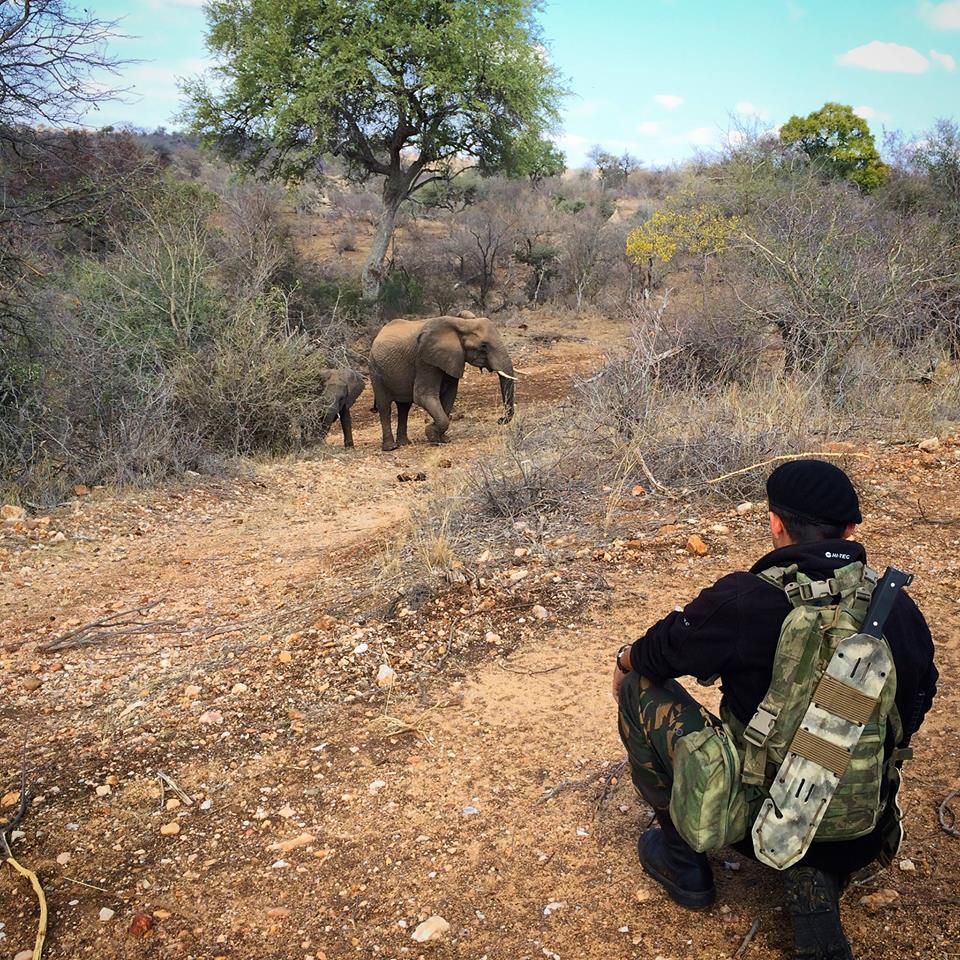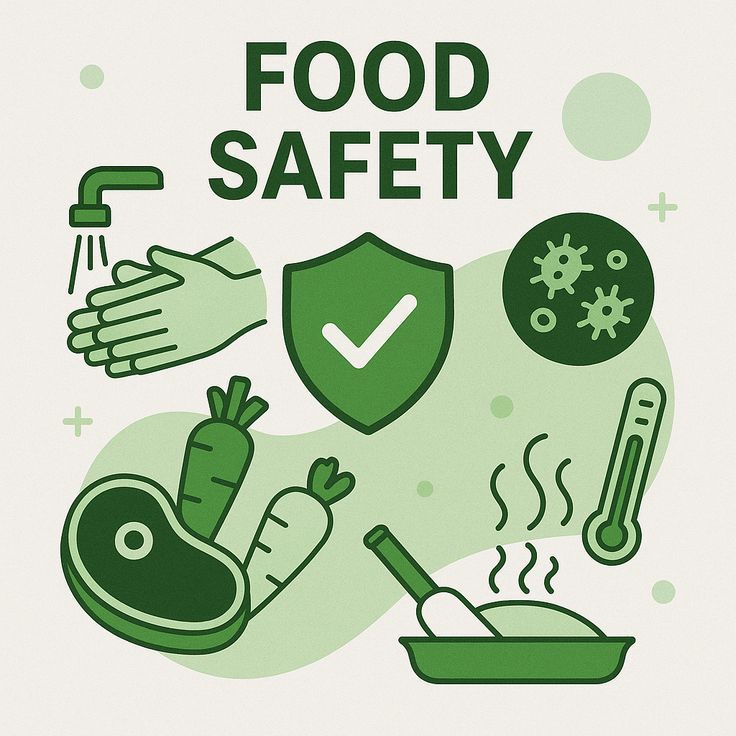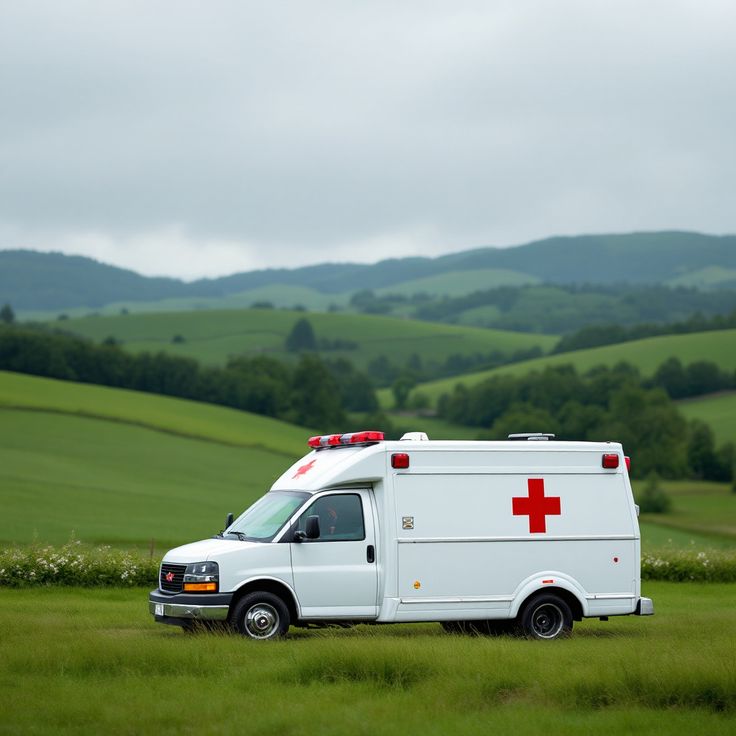Safety Tips for Travelers in Assam – Journey with Confidence
Assam, the jewel of Northeast India, is known for its warm hospitality, authentic Assamese culture, and breathtaking natural beauty. While the state is generally safe and welcoming for travelers, being mindful of a few safety practices can make your journey more enjoyable and stress-free. From navigating local transportation and exploring wildlife parks to respecting cultural traditions and handling practical travel concerns, these safety tips will help you plan with confidence. Whether you’re discovering tea gardens, trying Assamese cuisine, or joining vibrant festivals like Bihu, staying prepared ensures your experiences in Assam remain authentic, memorable, and safe.
🛡️ Travel Safe, Travel TrueHighlights – Travel Safety at a Glance
身份证
Carry valid ID proof at all times.
⚠️
Stay alert in wildlife zones and follow guide instructions.
🙏
Respect Assamese culture and local traditions.
🚗
Use registered taxis or apps for safer transportation.
🌙
Avoid isolated areas at night.
📞
Keep emergency contacts handy.
Personal Safety & Local Etiquette
Assamese people are known for their warmth and hospitality, but respecting local customs enhances your travel experience. Dress modestly when visiting temples, satras (monasteries), or rural villages. Always ask permission before photographing people, especially during traditional ceremonies. Carry valid ID proof like Aadhaar, passport, or driving license, as it may be requested at hotels, airports, or checkpoints. Avoid isolated areas at night, particularly if traveling solo. Being polite, patient, and respectful toward locals ensures you’ll be welcomed wherever you go, making your journey more authentic and comfortable.


Transportation Safety
Getting around Assam is generally safe, but travelers should remain cautious. Use registered taxis, rideshare apps, or hotel-arranged vehicles when traveling in cities like Guwahati. For longer journeys, choose government or reputed private buses and trains. Roads in rural or hilly regions may be challenging, so travel during daylight and avoid overloading vehicles. If you’re renting a car or motorbike, ensure it is in good condition and carry necessary documents. River crossings, especially on the Brahmaputra, should always be done with licensed ferry operators. Following these steps ensures safe and smooth travel experiences in Northeast India.
Wildlife & Adventure Safety
Assam is world-famous for its wildlife reserves like Kaziranga, Manas, and Dibru-Saikhowa, where safaris bring you close to rhinos, elephants, and exotic birds. To stay safe, always follow park regulations—keep a safe distance from animals, never step out of safari vehicles, and avoid feeding or disturbing wildlife. Many parks close during the monsoon due to flooding, so check seasonal timings before planning. For trekking or rural adventures, travel with local guides who know the terrain. Carry insect repellent, wear sturdy shoes, and pack essentials like water and snacks. Responsible tourism ensures your adventures are both thrilling and safe.


Food, Health & Practical Safety
Assam’s authentic cuisine is a highlight of any trip, but food safety is important. Eat at clean, reputed restaurants or homestays, and avoid raw or street food if you have a sensitive stomach. Always drink bottled or filtered water. Carry basic medicines, mosquito repellent, and a first-aid kit, especially when traveling to rural areas. Assam’s tropical climate can be humid, so stay hydrated and dress appropriately for the season. If you plan to explore during the monsoon, pack rain gear and waterproof covers for electronics. Small precautions like these protect your health and keep your journey stress-free.
Emergency Contacts & Preparedness
Being prepared for emergencies adds peace of mind. Save important contact numbers such as local police (100), ambulance (108), and your embassy if you’re a foreign traveler. Keep copies of your passport, visa, and travel insurance both digitally and physically. Many hotels, tour operators, and local authorities are experienced in assisting travelers, so don’t hesitate to seek help. In rural or remote areas, mobile coverage may be limited—inform someone of your plans before heading out. Staying alert, informed, and prepared ensures you can focus on enjoying Assam’s authentic beauty and traditions without unnecessary worry.

FAQs – Safety in Assam
Q1. Is Assam safe for solo travelers?
Yes, Assam is generally safe. Solo travelers should stay alert, avoid isolated areas at night, and respect cultural norms.
Q2. Are wildlife safaris in Assam safe?
Yes, when done with authorized guides and following park rules. Always remain inside vehicles and avoid close contact with animals.
Q3. Is Assamese food safe for tourists?
Yes, but stick to reputed eateries. Drink bottled or filtered water and avoid raw street food if you’re sensitive.
Q4. Can women travelers safely explore Assam?
Absolutely. Women travelers find Assam welcoming, but it’s best to dress modestly and use trusted transport options.
Q5. Is public transport safe in Assam?
Buses and trains are safe, but for comfort and reliability, choose government or reputed private services.
Q6. What should I do in case of an emergency?
Keep local emergency numbers handy, inform your hotel or guide, and contact local authorities or your embassy if needed.
Assam offers travelers a chance to experience authentic traditions, breathtaking landscapes, and warm hospitality.
By following simple safety practices—carrying valid documents, respecting Assamese culture, and staying prepared—you can focus on enjoying its rich cuisine, festivals, and natural wonders with peace of mind. Safe travel not only ensures a smooth journey but also deepens your connection to the heart of Northeast India.

